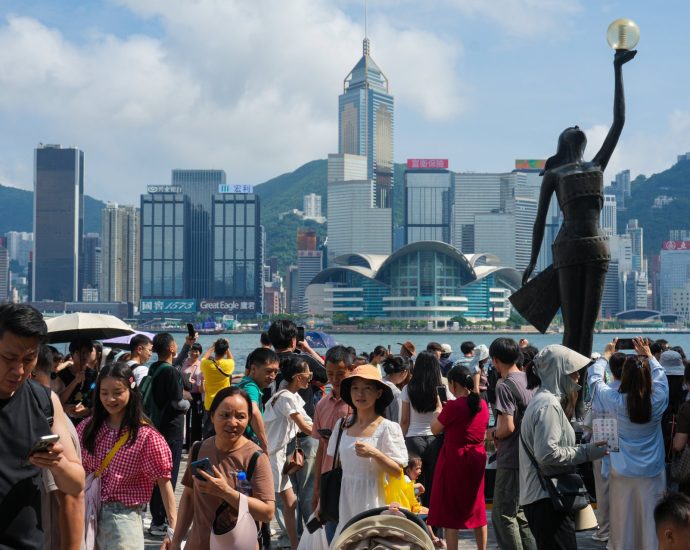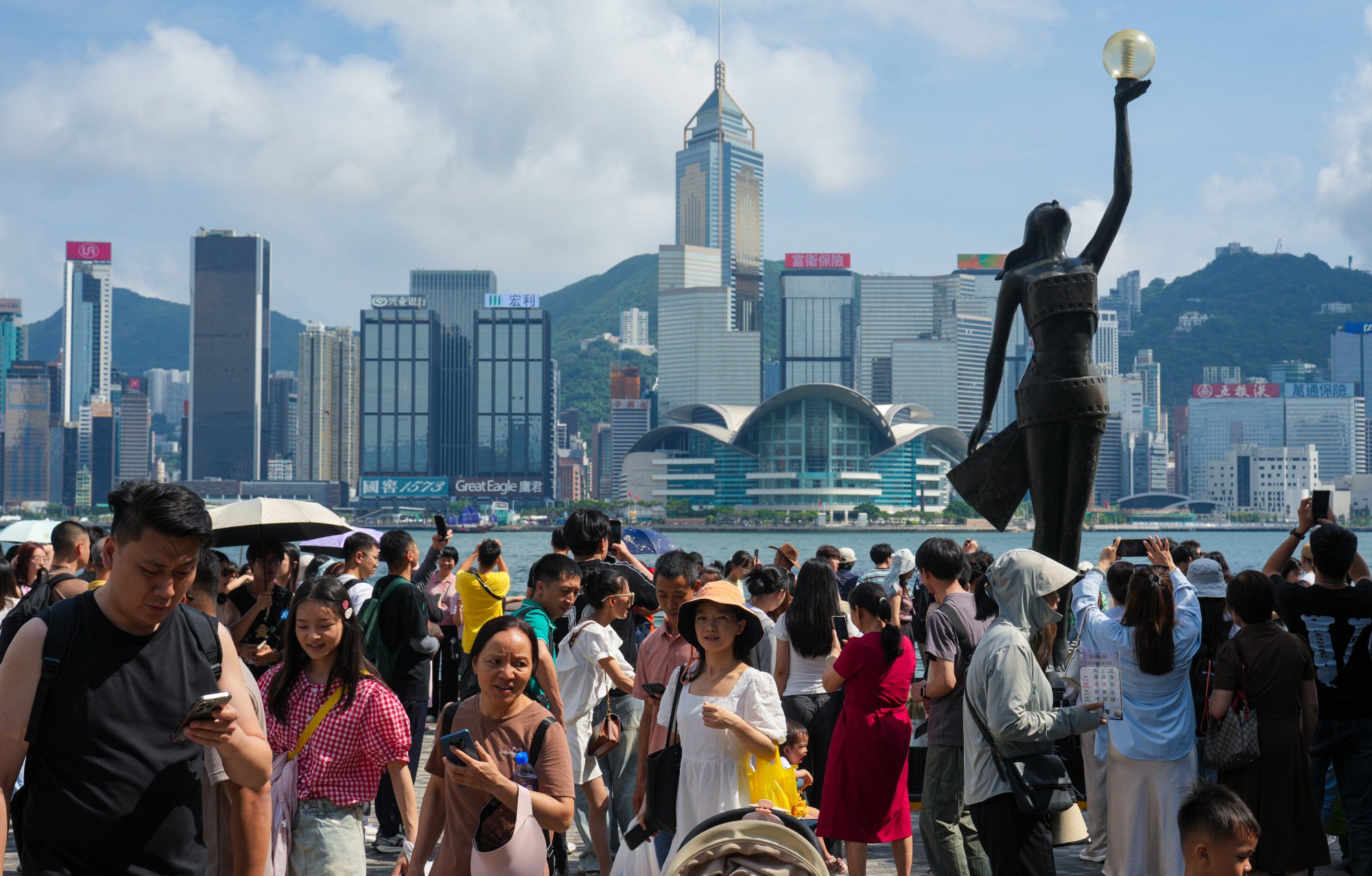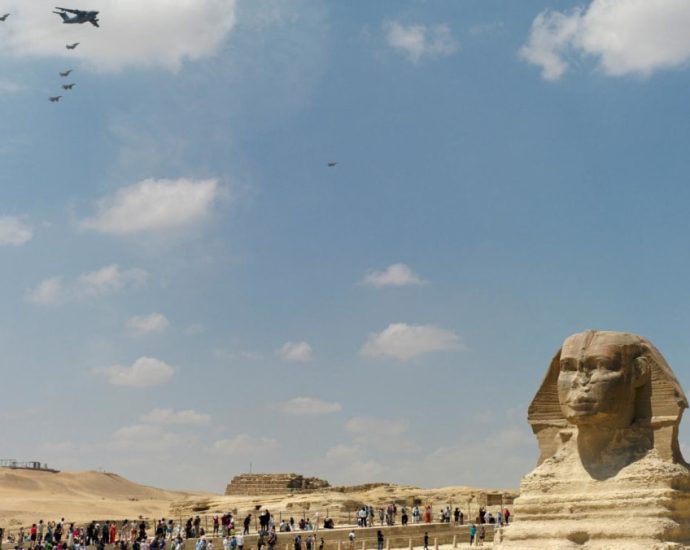India launches strikes on Pakistan, Islamabad vows retaliation
In a major escalation of tensions between the nuclear-armed rivals, Islamabad vowing retaliation, India fired missiles at Pakistani territory early on May 7 ( May 7 ). Days after blaming Islamabad for a deadly attack on the Indian-administered part of the disputed area, the American government claimed to have attackedContinue Reading


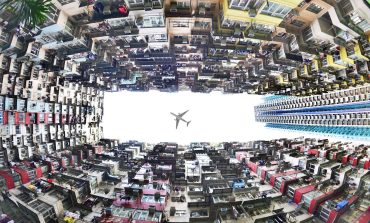

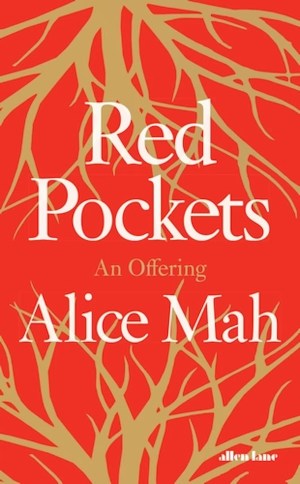

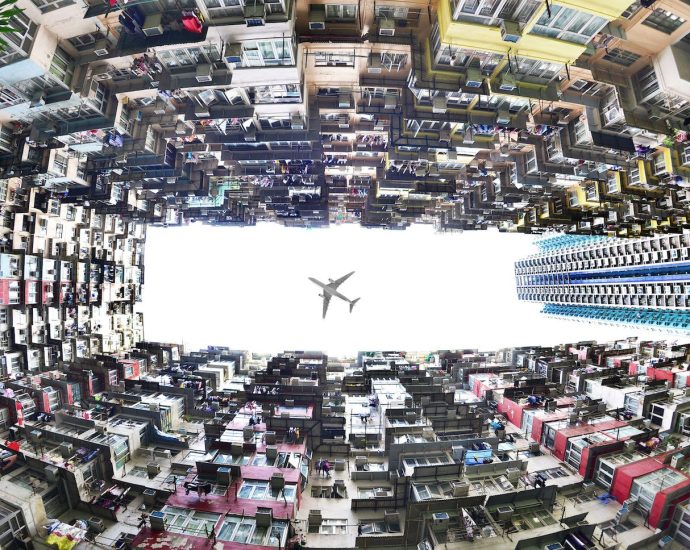
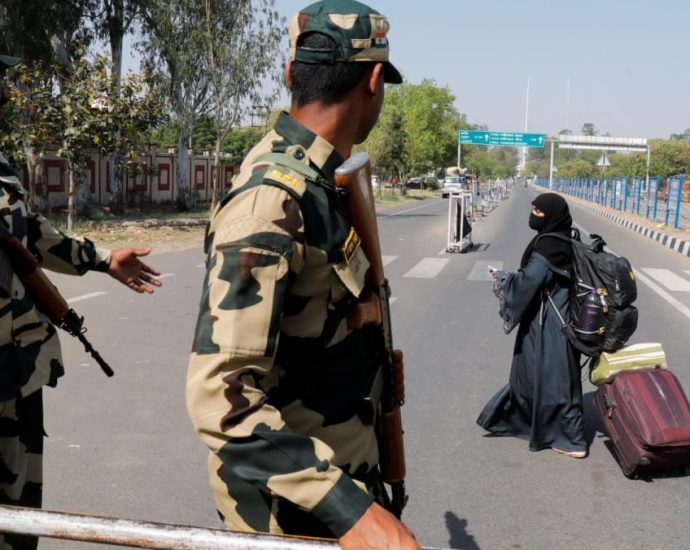
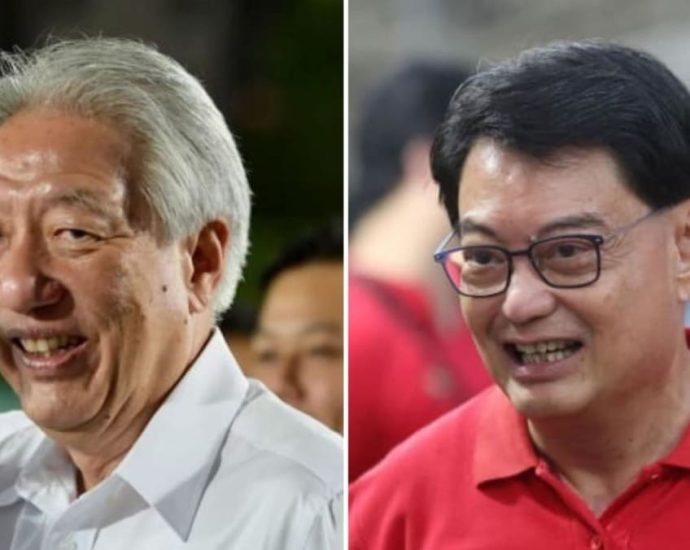
_0.jpg?itok=CetcM4aA)


